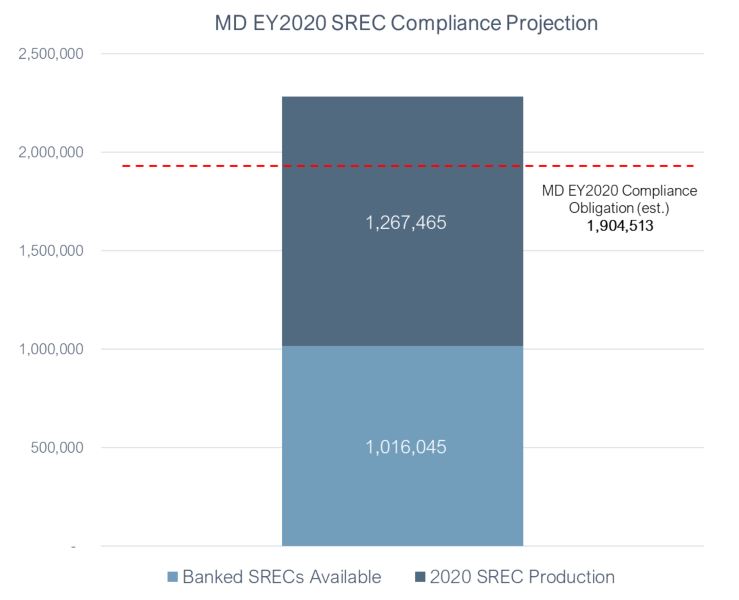Last October, SRECTrade provided information regarding the passage of the Virginia Clean Economy Act (VCEA). This Act mandates a Renewable Portfolio Standard (RPS) for Dominion and Appalachian Power Company. This update will present information regarding the progress of the RPS implementation and current REC transaction options for Virginia-sited systems.
Since the Act’s passage, utilities and other solar stakeholders have participated in public proceedings held by the Virginia State Corporation Commission (SCC). The SCC is currently reviewing the information that was presented throughout the process and will provide RPS implementation details later this spring. The SCC will be providing guidance regarding REC procurement, eligibility requirements, and the solar facility certification process.
In the meantime, Virginia-sited systems are eligible to register in the Pennsylvania Tier I REC market. Upon registration in this market, solar facilities will be issued a Virginia Certification number as part of the PJM GATS registry approval process. It is likely that these VA-certified systems and RECs will be eligible when the Virginia REC market opens.
We encourage anyone with an eligible solar system located in Virginia to begin the registration process now. To start a Pennsylvania Tier I application, please log in to your SRECTrade account and select the link to “Apply to sell SRECs”. There is currently no application fee for Virginia-sited solar assets.
SRECTrade will monitor program updates and will trade Virginia-generated RECs when the market opens. Please contact SRECTrade with any questions.
Tweet





